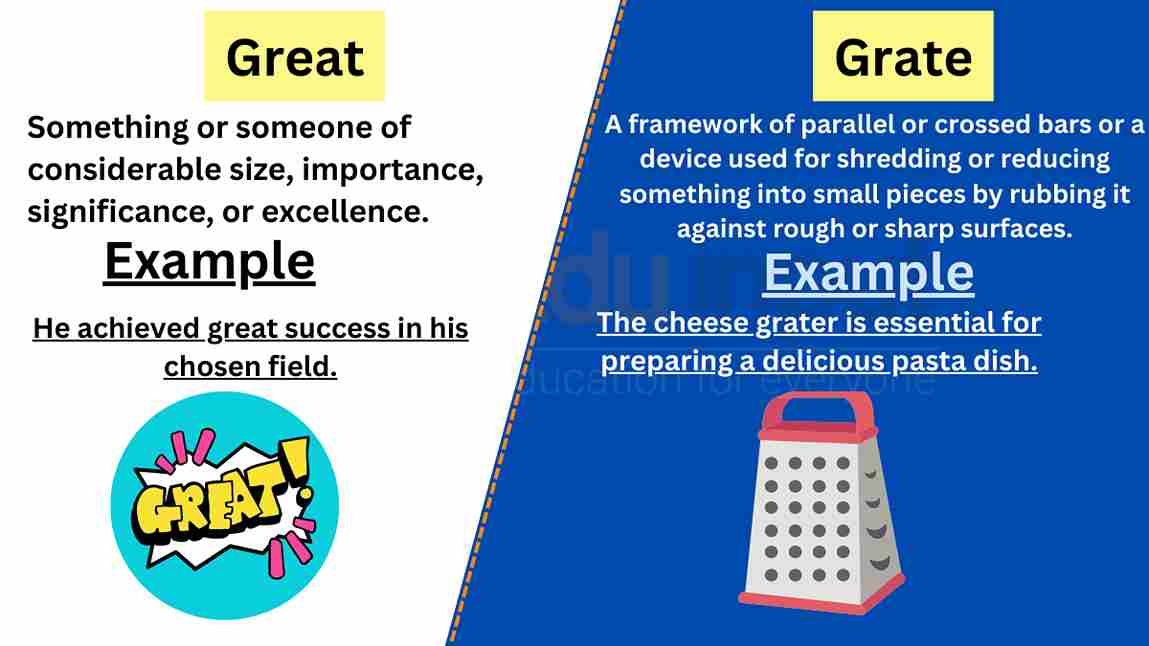Weak Vs. Week- Difference Between and Examples
In the English language, words that sound similar can often have distinct meanings and uses. One such pair is “weak” and “week.” Despite their similar pronunciation, these words have different definitions and serve different purposes.

This article aims to elucidate the difference between “weak” and “week,” providing clear explanations and examples to ensure their proper understanding and usage.
By grasping the nuances between these terms, individuals can communicate effectively and avoid misunderstandings.
Let’s delve into the meanings and uses of “weak” and “week” in English.
Meanings and Examples
Weak Definition
Definition: “Weak” is an adjective that describes a lack of strength or power. It indicates a diminished physical or mental capacity, fragility, or vulnerability.
Examples of Weak
- He was too weak to lift the heavy box.
- The patient’s immune system was weak after the illness.
- The weak foundation of the building was a cause for concern.
Week Definition
Definition: “Week” is a noun that refers to a period of seven consecutive days. It is a standard unit of time used in calendars.
Examples of Week
- I have a dentist appointment next week.
- She is going on vacation for a week.
- They plan to finish the project within a week.
Difference between Weak and Week
| Category | Weak | Week |
| Meaning | Adjective: lack of strength or power | Noun: a period of seven consecutive days |
| Example | “He was too weak to lift the heavy box.” | “I have a dentist appointment next week.” |
| Usage | Physical or mental capacity, vulnerability | Time measurement, calendars |
| Context | Health, strength, ability, stability | Timeframes, schedules, planning |
Usage in a Paragraph
The adjective “weak” is commonly used to describe a lack of physical or mental strength or power. It implies a diminished capacity, fragility, or vulnerability. “Weak” is often associated with a reduced ability to perform physical tasks or a diminished mental state.
For example, referring to someone who lacks strength to lift heavy objects, describing a person’s vulnerable immune system, or pointing out the fragile foundation of a building are instances where the adjective “weak” is utilized.
Conversely, the noun “week” represents a unit of time that consists of seven consecutive days. It is commonly used in calendars and time measurement. “Week” refers to a specific time period rather than a characteristic or state.
It is used when discussing schedules, planning, or indicating the timeframe for certain events or activities. For instance, mentioning an upcoming appointment, vacation plans, or project deadlines would involve using the noun “week.”
Understanding the distinction between “weak” and “week” is vital for effective communication in the English language. While “weak” denotes a lack of strength or power, “week” refers to a period of seven consecutive days.
By using these terms accurately, individuals can express themselves clearly and avoid confusion in various contexts, whether discussing physical abilities or referring to specific timeframes and schedules.







Leave a Reply